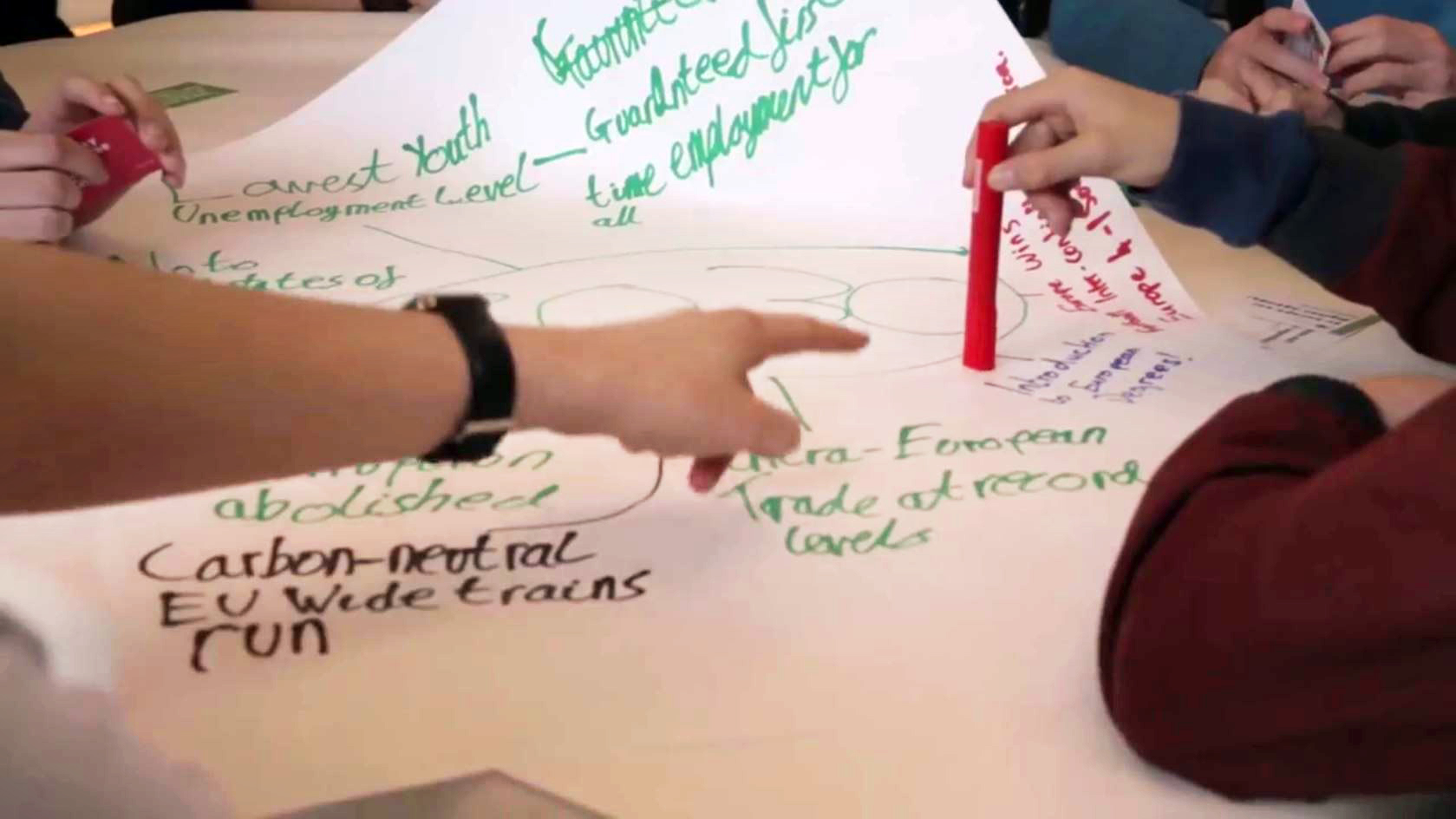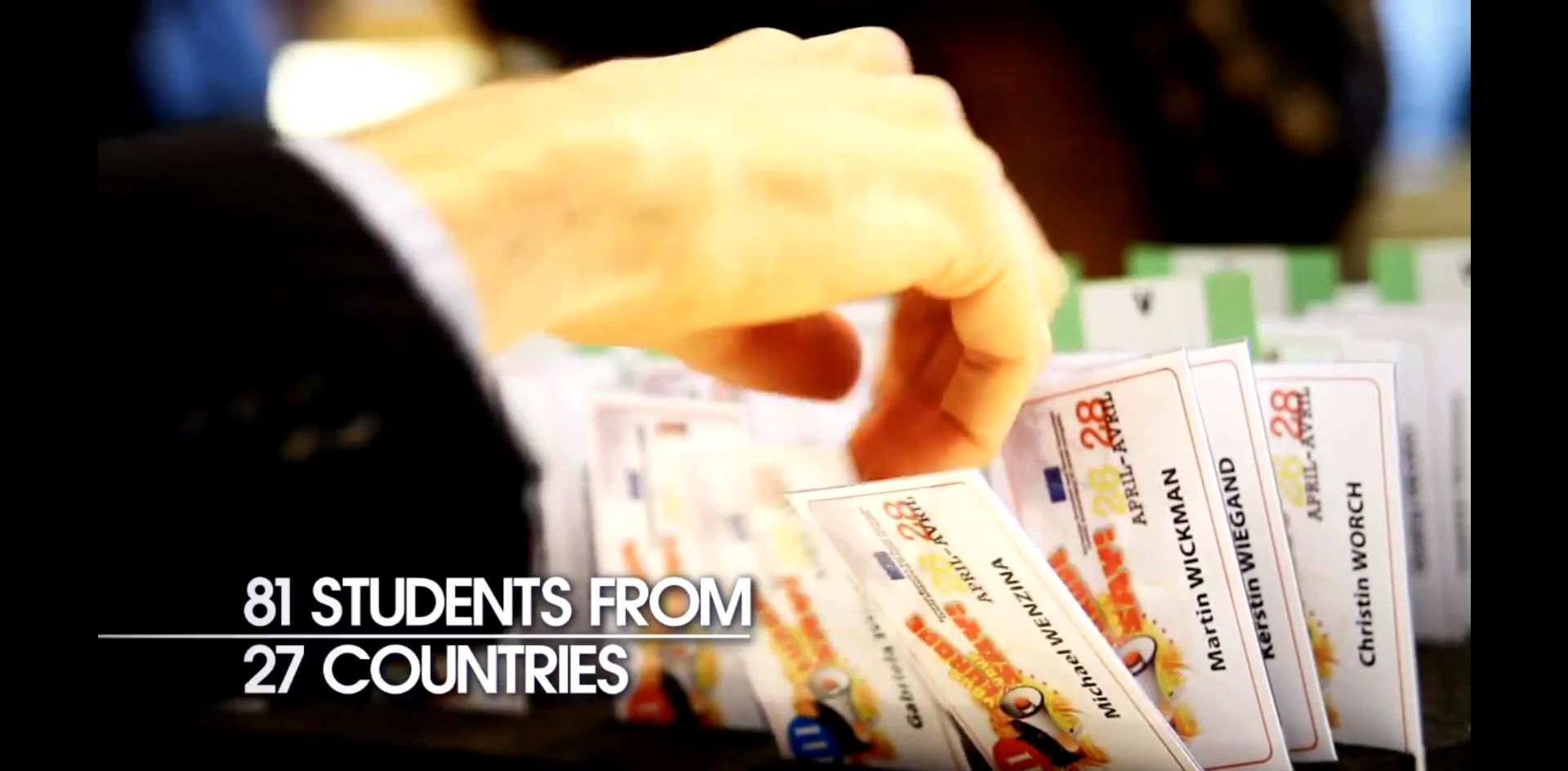As YEYS celebrated its 10th year, the event went back to its roots by looking at how to connect people with the EU. This year's debates focused on the theme of the European Parliament elections. At a time when politics is becoming more important than ever, in order to address issues such as climate change, employment and human rights, people are switching off from political processes and euroscepticism is on the rise. How can the EU connect with citizens to build on its achievements and keep its values alive? How can we encourage more people to vote in the European Parliament elections, strengthen democracy and get more citizens involved in European politics? In a series of lively workshops, students from schools in 33 countries were invited to discuss these questions and to draw up 10 resolutions that they then presented and voted in a final plenary session.
The winning recommendations were as follows (the last two coming joint third):
-
1. #Future is now
EU syllabus on politics and voting to enhance knowledgeTeenagers need a formal setting to understand why voting is important, including practical, theoretical and interactive lessons, such as events bringing fellow students from the EU together to hold debates and create an end-of-year project.
-
2. EU&U.EU
A website summarising information on the EU and EU elections to increase transparency of representative democracyTransparency is key to the functioning of the EU: Europeans need to have easy access to information, that is currently scattered across a number of channels. We need a website providing unbiased information and facts, with an event and a Q&A section where people can interact directly with representatives in the EP.
-
3. EUROVOTE – A privilege, not a chore (ex-aequo) Make the European Parliament elections a single public holiday across Europe and introduce
e-voting to increase participationMore people could take part in EU elections if they had more information and it was easier to vote. A Europe-wide election day that is declared a national holiday with cultural and sporting activities could inspire more people to get involved. To include all citizens, e-voting should be rolled out so that people with disabilities and the elderly can vote from home, along with others who have difficulties going out to vote.
-
3. From You to EU
Connecting social movements with #EUelections2019 (ex-aequo)Act: start and lead social movements.
Connect: a task force making connections between the European institutions and social movements through events in which EU representatives take part to discuss demonstrators’ requests.
Achieve: meetings of political representatives and social movements with experts in a given field (such as climate change) in order to reach quick solutions. The EU should set the goals and Member States should implement the laws.
What happened next?
After the event, the EESC forwarded the winning recommendations to its members, the European Parliament, the Council and the European Commission.
Other follow-up actions were organised. For example, on 10 May, three students who had participated in the EESC's 2019 event presented the YEYS project at an event in Hanover, as part of the European elections campaign with the theme 'This time I'm voting'. Their presentation was followed by conferences and debates.
Having access to better information on the role of the EU and the way it operates, as well as understanding the issues in European votes by having a formal learning framework, are at the heart of the recommendations coming out at the top of the 2019 'Your Europe, Your Say' vote. These concerns were echoed in the EESC's own-initiative opinion adopted in July 2019 on Teaching Europe — Developing a toolkit for schools. This opinion supports the idea that the EU could play a greater role in this area by proposing measures and tools, as well as specific activities to step up and improve education on Europe at school.
The opinion on The effects of campaigns on participation in political decision-making, adopted in June 2020, is also in keeping with the recommendations put forward by students. The EESC recognises the importance of involving the public in the EU’s political decision-making process, through participation in elections but also through political debates and consultation. It reaffirms the need to strengthen civic education in the EU to ensure informed electoral participation and calls for a more inclusive European electoral process.




















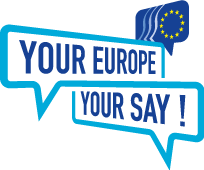






























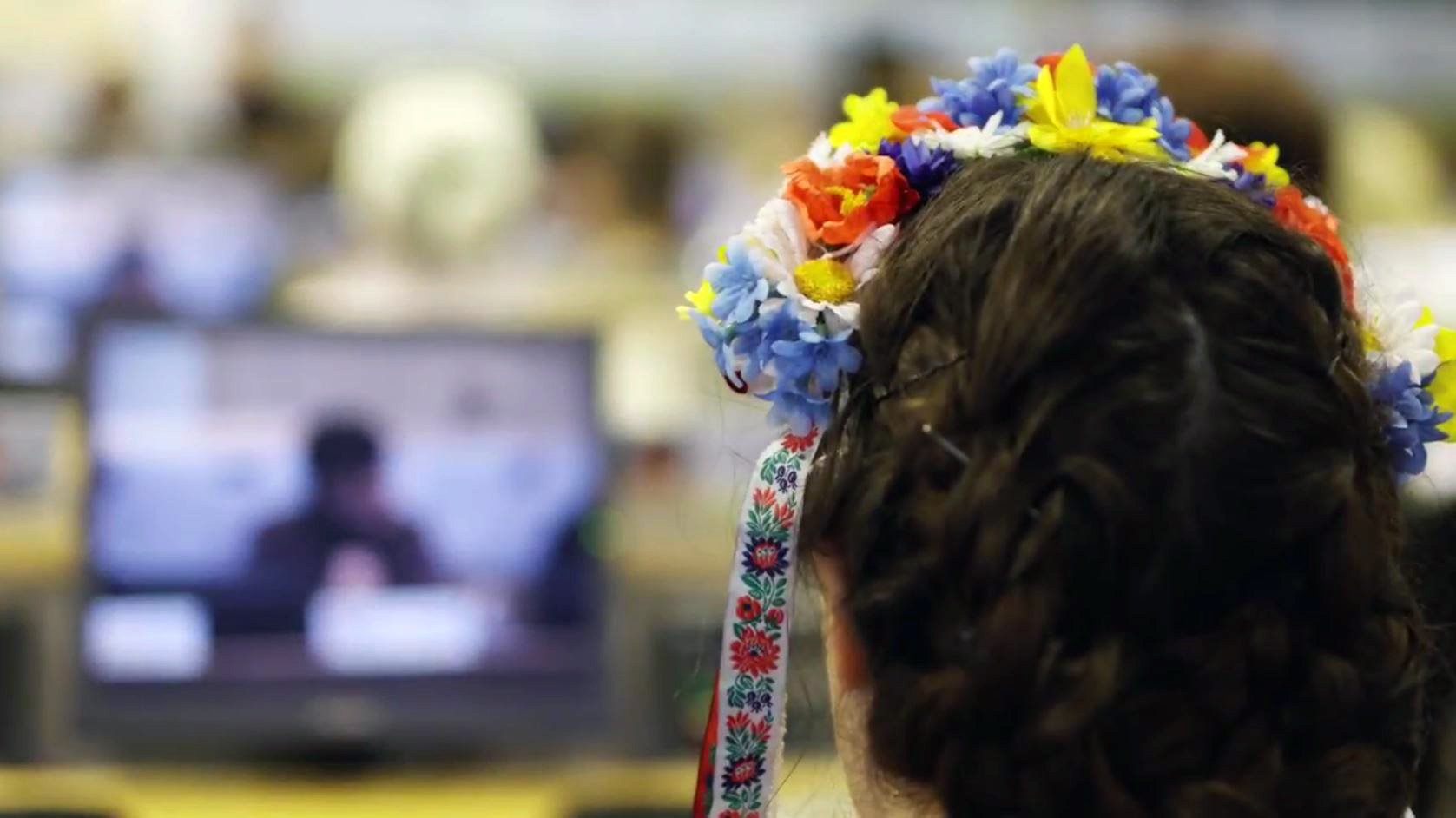














































































































































































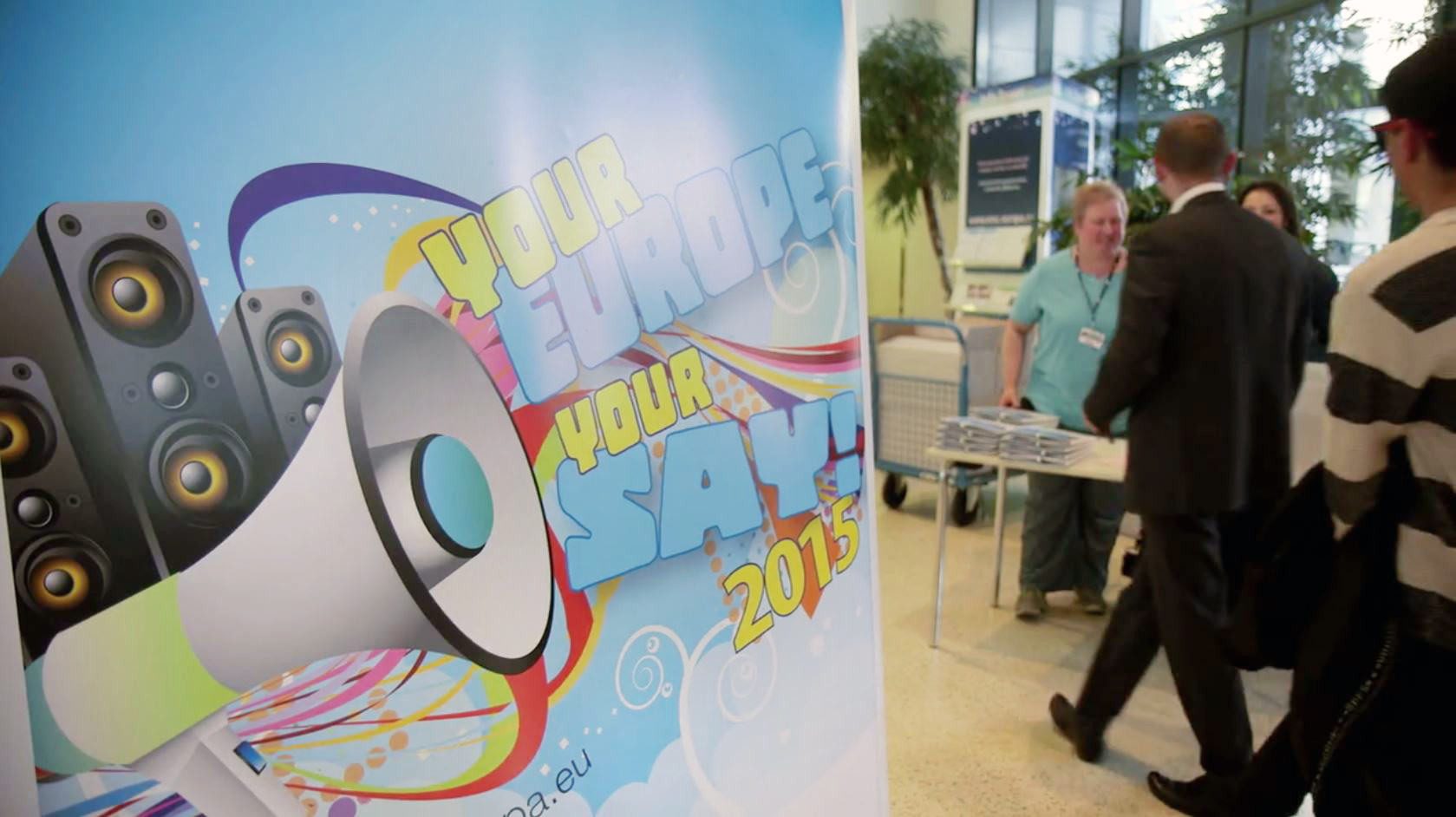

























.jpg)
.jpg)

.jpg)




.jpg)



























































